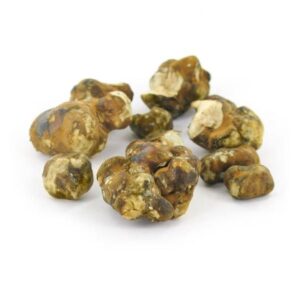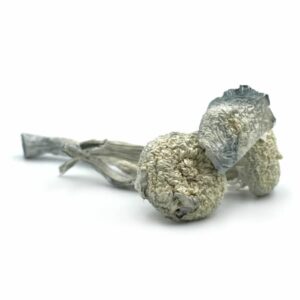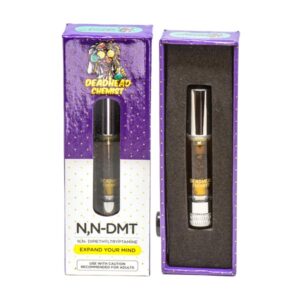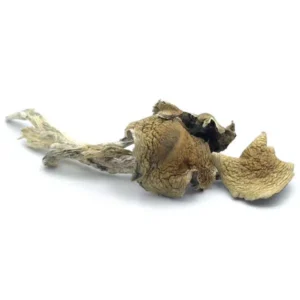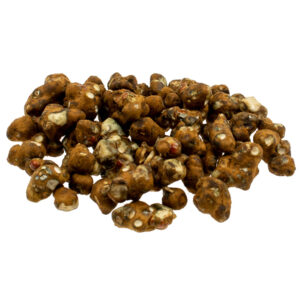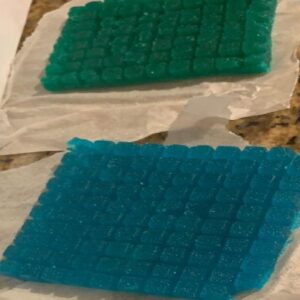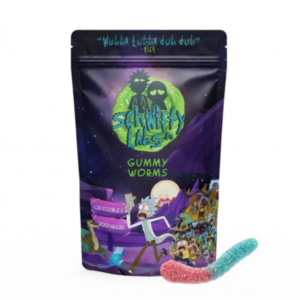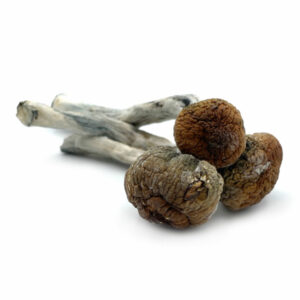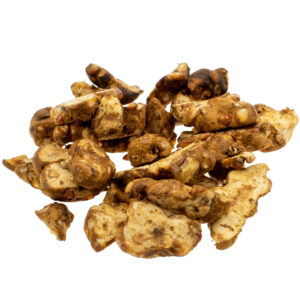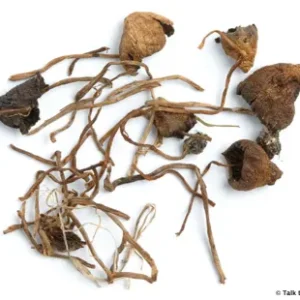The Benefits of Microdosing: Can Small Doses of Psychedelics Improve Mental Health?
October 22, 2024Navigating the World of Microdosing: Tips for Beginners and What to Expect
October 22, 2024Microdosing psilocybin, the psychoactive compound found in magic mushrooms, has emerged as a popular practice among individuals seeking to enhance their mental health without the intense effects associated with full doses.
Recent research has begun to shed light on the potential benefits of this practice, particularly regarding mood enhancement and anxiety reduction.
Understanding Microdosing
Microdosing involves taking very small amounts of a psychedelic substance—typically about 10% of a standard dose—on a regular schedule, often 3 to 5 times per week.
The goal is to experience subtle improvements in mood and cognition without inducing hallucinations or significant alterations in perception.
This practice has gained traction as people look for alternative methods to manage mental health issues such as anxiety and depression.
Recent Research Findings
A significant study published in Nature-Scientific Reports analyzed the effects of psilocybin microdosing on mental health. This research included over 900 participants who reported microdosing within the past month and a control group of 180 individuals who did not engage in microdosing. The findings revealed several key insights:
- Improved Mental Health: Participants who microdosed psilocybin reported “small- to medium-sized” improvements in symptoms of depression, anxiety, and stress over a 30-day follow-up period compared to those who did not microdose.
- Cognitive Function: The study indicated that microdosers experienced enhancements in mood and cognitive functioning. Specifically, improvements were noted across various demographics, including age and gender, suggesting broad applicability of these benefits.
- Observational Nature of the Study: It is important to note that while this study is one of the largest longitudinal analyses conducted on microdosing, it remains observational rather than a randomized controlled trial (RCT). This limits the ability to definitively attribute improvements solely to psilocybin microdosing, as other factors could influence outcomes.
Mechanisms Behind the Effects
The mechanisms through which psilocybin microdosing may improve mood and reduce anxiety are still being explored. However, several hypotheses have emerged:
- Serotonin Receptor Modulation: Psilocybin interacts with serotonin receptors in the brain, which are crucial for mood regulation. By modulating these receptors even at low doses, microdosing may help stabilize mood and alleviate anxiety symptoms.
- Increased Emotional Openness: Users often report heightened emotional awareness and openness to experiences, which can foster better interpersonal relationships and enhance overall well-being.
Challenges and Considerations
Despite promising findings, there are challenges associated with microdosing research:
- Variability in Individual Responses: Not all individuals respond similarly to microdosing. Some may experience adverse effects such as increased anxiety or physiological discomfort. Personal factors such as mental health history can significantly influence outcomes.
- Need for Rigorous Studies: The current body of research largely consists of observational studies with self-reported data. More rigorous RCTs are necessary to establish causality and further explore the long-term effects of microdosing on mental health.
Conclusion
Microdosing psilocybin represents a fascinating area of research with potential benefits for mood enhancement and anxiety reduction.
While recent studies suggest that microdosing may lead to significant improvements in mental health symptoms, further investigation is needed to confirm these findings through more controlled experimental designs.
As interest in psychedelics continues to grow, understanding the intricacies of microdosing could pave the way for innovative therapeutic approaches to mental health care.

